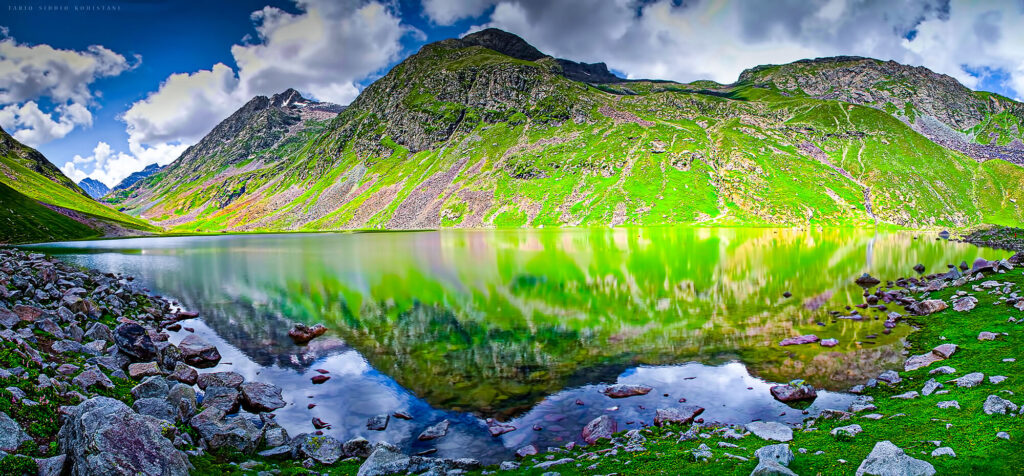Mountains are homes to forests, biodiversity, pastures, lakes, glaciers, wildlife and mythologies. In today’s world there is a great emphasis on the significance of indigenous knowledge in tackling the challenges of climate change. The mountain communities have their local indigenous practices that help them survive against disasters, mitigate the climate change impacts, ensure healthy life, and foster a sense of care for their natural environment. However, given the fast growing and encompassing globalization these mountain communities have become more vulnerable to the impacts of climate change which not only destroys their natural habitats but also makes them more dependent on consumer markets. This has also been changing the behavior of these mountain communities; and resultantly, they consider their own indigenous ways inferior and adopt the ‘modern’ ways of living. Through research on indigenous practices and promoting the useful aspects of it we try to assure the local people to rely more on their natural ways of living rather than jumping blindly into the bandwagon of modernization through its means which are market driven. One of our key interventions here is conservation and protection of forests of these mountains. We encourage and facilitate the local communities to protect their forests through collective actions such as village councils, local committees for forest protection and through need-based use of forests while building houses.

